Why do I have to give insulin injections? Can’t I use an oral hypoglycemic medication for my diabetic cats?
I got this question a couple weeks ago. Lots of people in the USA are pre-diabetic or borderline diabetic and can manage their type 2 diabetes with diet and oral hypoglycemic medications. Although giving medications by mouth sounds tempting compared to giving daily insulin injections, veterinarians haven’t had much luck with oral hypoglycemic medications.
Dogs are insulin dependent diabetics whereas cats usually start as type 2 (non-insulin dependent) diabetics and then over time become type 1 (insulin dependent) diabetics. If we are suitably aggressive (insulin, low carb diets and weight management), we can hopefully get diabetic cats into remission. If we play around with treatment options, the likelihood of getting a cat into diabetic remission lessens. Therefore, very few veterinarians use oral hypoglycemic agents for diabetic pets. In essence, they don’t work well on dogs and even if they do help a little on cats they are much less effective than insulin. Furthermore, while a client dawdles with oral hypoglycemic agents instead of just starting insulin, the window of opportunity to reverse the cat’s diabetes closes. I would only choose to prescribe an oral hypoglycemic agent if a client absolutely refused to give insulin injections to a cat. Thus far I’ve not had to. It’s best to start a diabetic cat on insulin.
What is glucose toxicity?
Glucose toxicity is a phenomenon where the elevated blood glucose levels (such as from obesity or high carbohydrate diets) can result in down regulation of insulin-secreting cells in the pancreas. Cats are particularly at risk. If an astute cat owner recognizes the signs of diabetes early and promptly seeks veterinary treatment, addressing the hyperglycemia can turn this cycle around. With the use of low carbohydrate diets and insulin and weight management, many type 2 diabetic cats can regress to a non-diabetic state as we get the glucose toxicity under control.

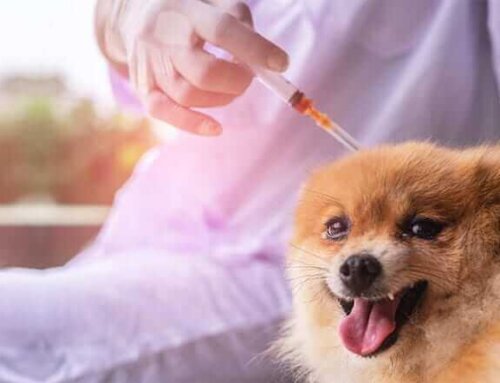

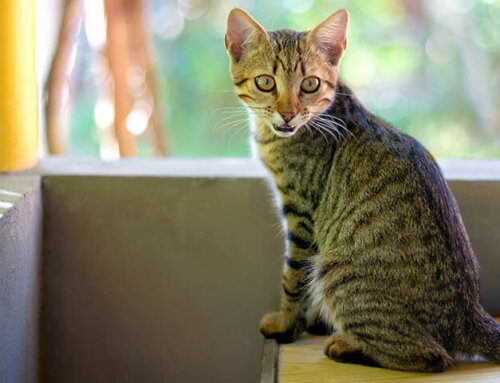


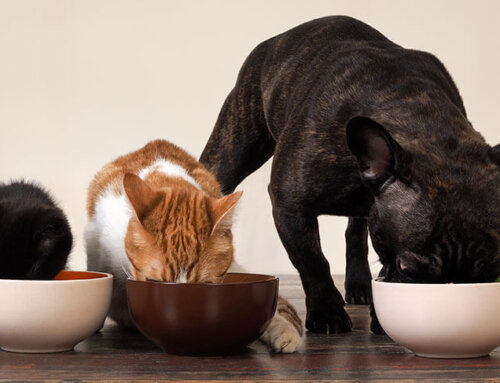
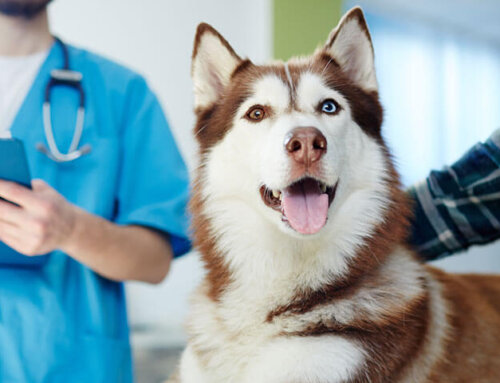
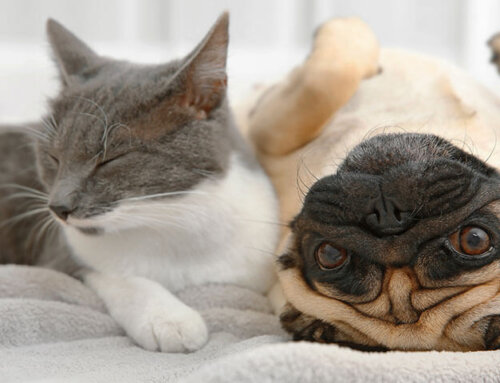

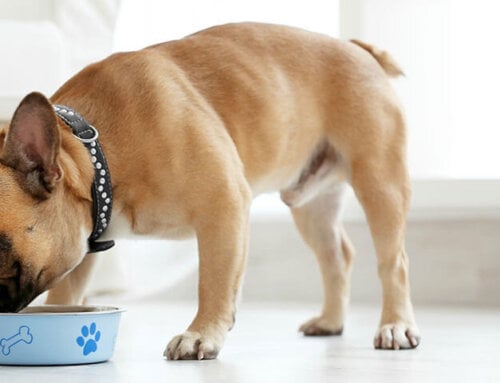


Leave A Comment